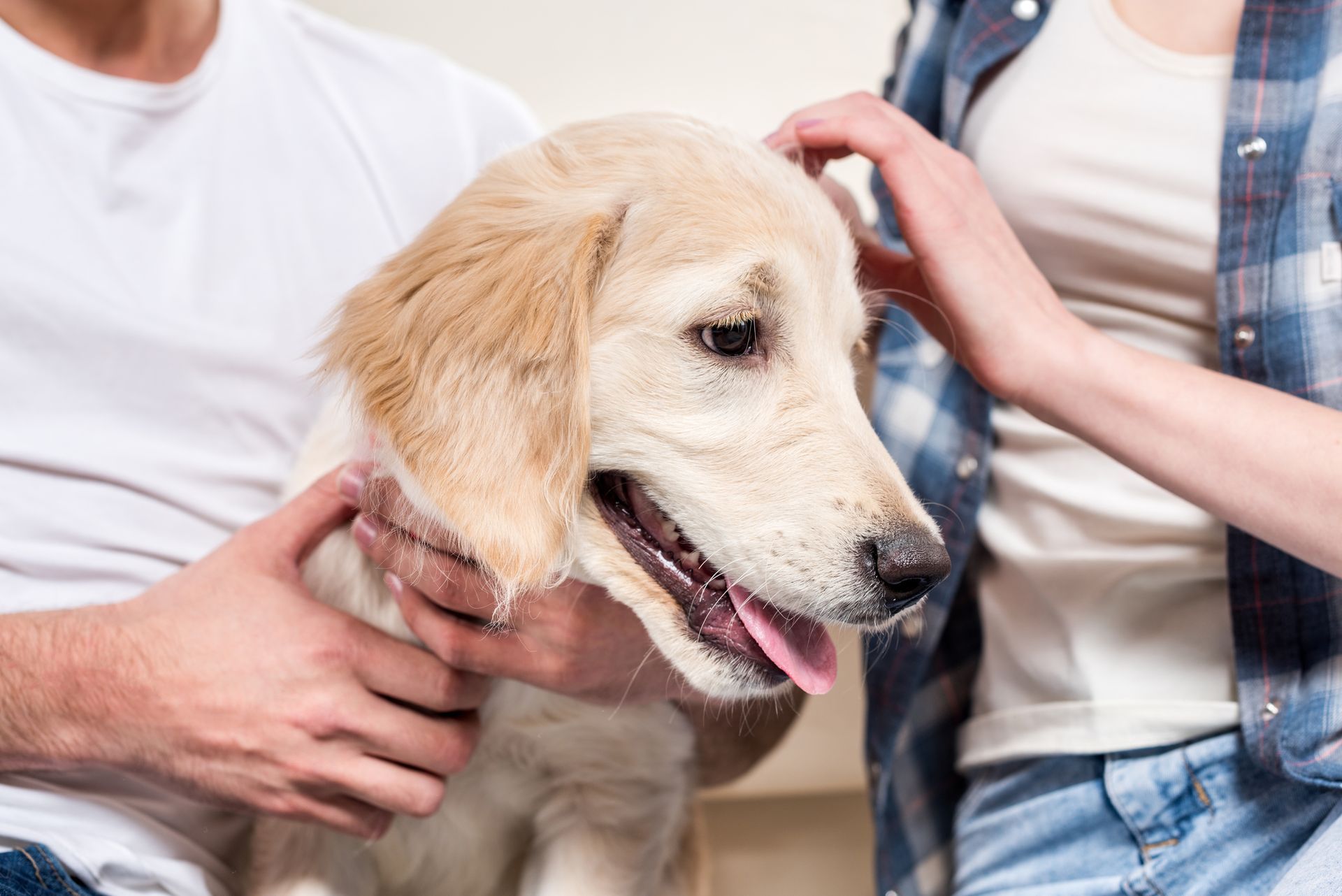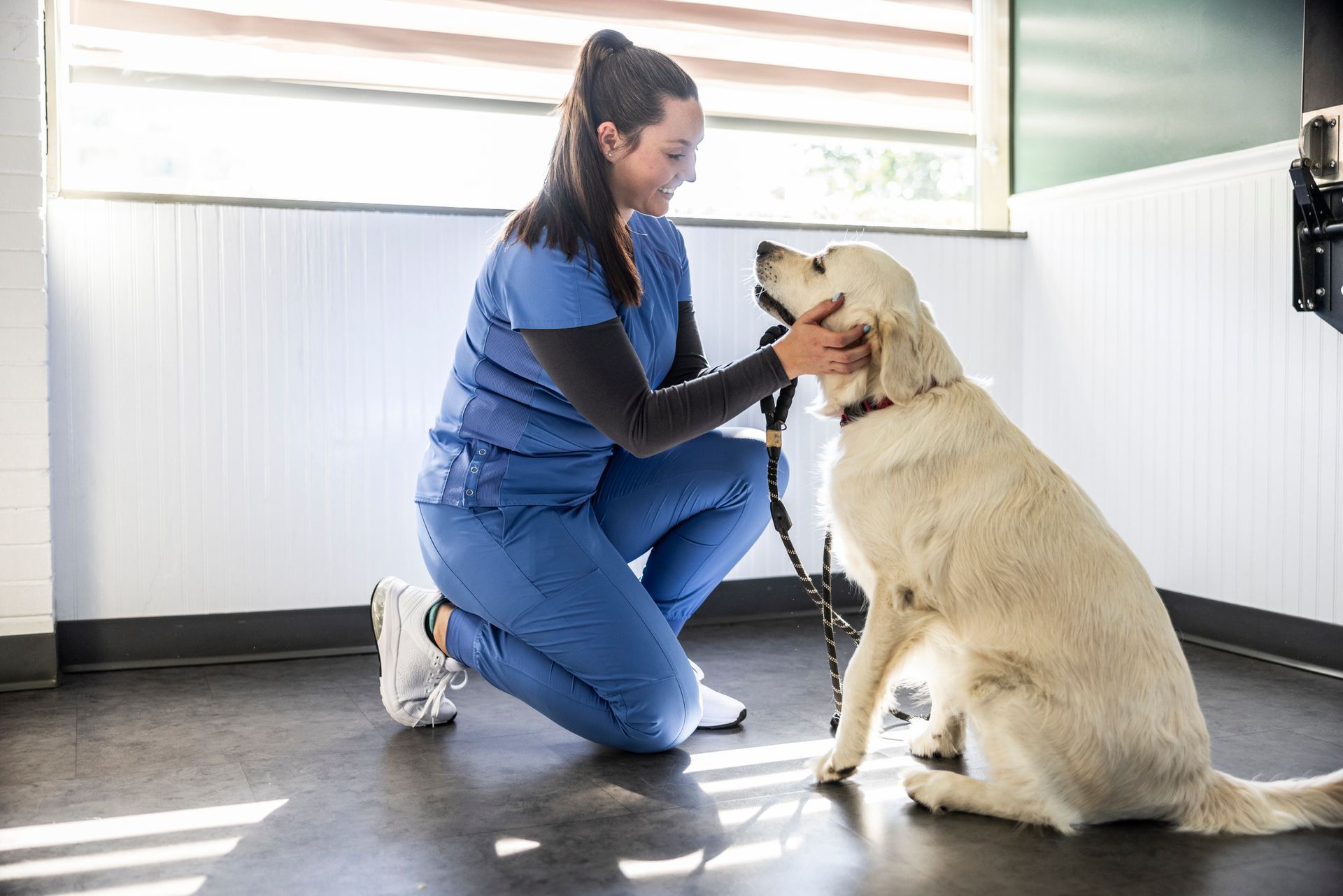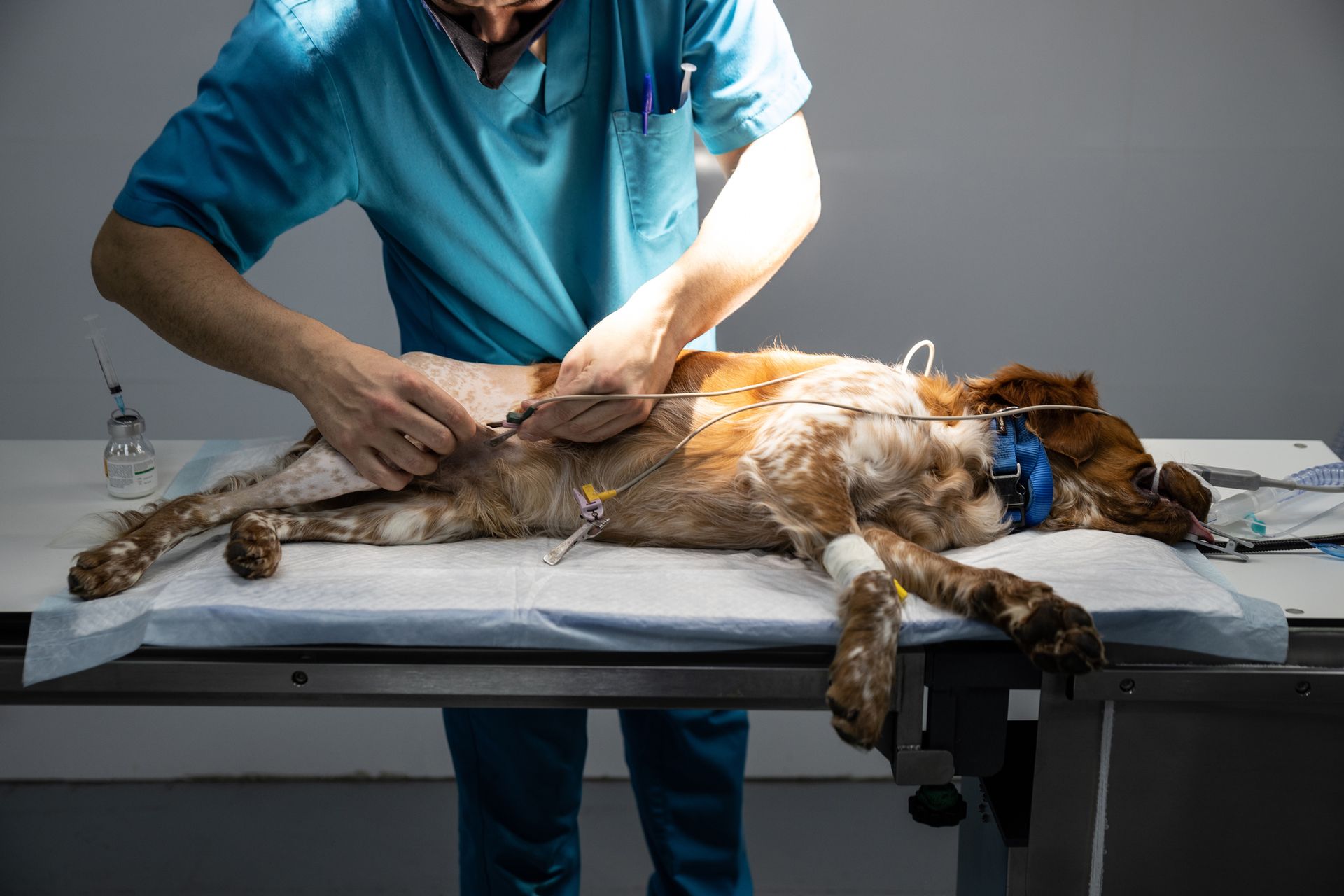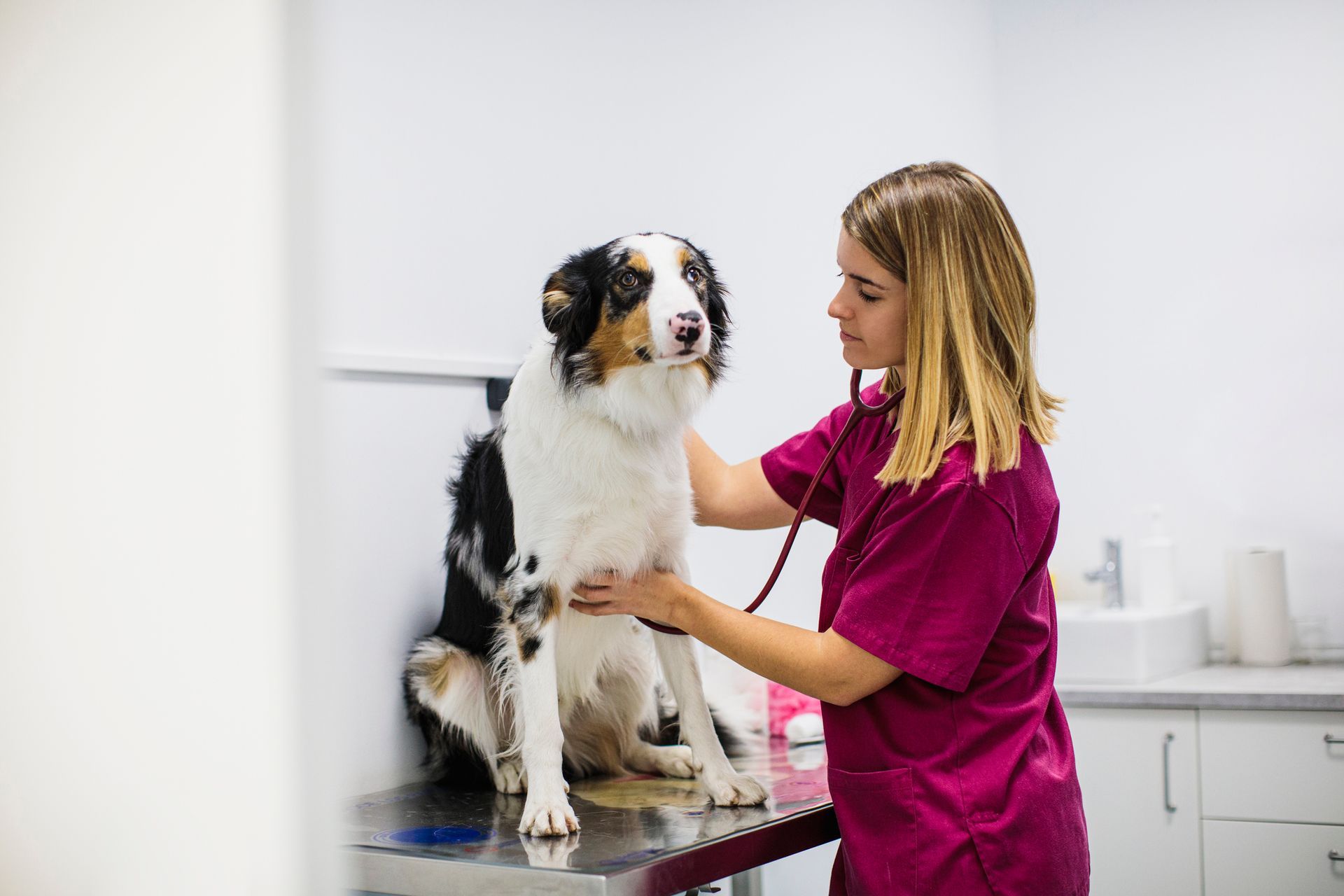Things You Shouldn't Do If You Suspect a Canine Head Injury

As a dog owner, worrying about your furry friend getting hurt is normal. However, head injuries may be especially concerning since they're usually life-threatening. Even if the injury appears minor, you need to be careful to ensure it doesn't worsen. Understandably, you may feel frantic, but you must remain calm and avoid making mistakes in the heat of the moment.
This article will discuss three things you shouldn't do if you suspect your dog has a head injury.
Don't Wait To Take Your Dog to the Vet
Time is of the essence when dealing with potential head injuries in dogs. A delayed response can lead to severe complications, as the injury might progress unnoticed.
Immediately after the injury, your dog may appear fine due to adrenaline and shock, masking the severity of the injury. But this doesn't mean the situation isn't critical. A delayed visit to the vet could result in escalated intracranial pressure, brain swelling, or brain damage, all of which could have devastating outcomes.
Intracranial pressure happens when the brain swells, which can lead to a lack of oxygen and blood flow in the brain. If your dog's head injury is due to trauma, there may also be bleeding in the skull that needs immediate attention. Chances are high that the injury could lead to brain damage, which can be irreversible.
Taking your dog to the vet immediately after a suspected head injury can significantly affect the diagnostic and treatment procedure. Your veterinarian can conduct prompt tests to assess the severity of the injury, determine if there is any internal bleeding, and detect any potential neurological issues.
Early diagnosis allows for timely treatment that can potentially save your pet's life. It's also a chance to start any necessary medication, surgery, or other interventions that might mitigate the long-term impact of the injury.
Don't Apply Any Pressure to Your Dog's Head
You might think that applying pressure to a wound, as is often done in the case of injuries elsewhere on the body, could help to stop any bleeding or swelling. However, in the case of a head injury, this could prove disastrous.
This is primarily because the skull is a closed space, unlike other body parts. Any increase in pressure could directly impact the brain, leading to elevated intracranial pressure. Elevated intracranial pressure can lead to a lack of oxygen and blood flow to the brain, causing severe neurological damage. In extreme cases, it could even cause the brain to herniate, leading to death.
Another reason to avoid applying pressure is the potential for inadvertently causing more harm than good. For instance, if there are fractures in the skull from the injury, applying pressure could potentially exacerbate these fractures and cause further injury to the brain.
Also, the dog may experience pain when pressure is applied to the injured area, causing them to react aggressively or become unduly distressed. This can make it harder for you to safely transport them to the veterinary clinic or aggravate their condition.
Don't Ignore Unusual Behavior
Your dog can't tell you how they feel, so it's up to you to pay close attention to their behavior. Unusual behavior can take various forms, including changes in their routine, withdrawal from social activities, or an unusual response to stimuli.
The dog may also exhibit physical symptoms, such as abnormal eye movement, poor coordination, seizures, or even changes in their consciousness level, ranging from slight drowsiness to complete unresponsiveness. Any of these signs should be taken seriously, as they may indicate some level of neurological impairment caused by a head injury.
If you notice any unusual behavior and fail to act, your dog's condition may worsen very quickly. So contact South Seattle Veterinary Hospital as soon as you suspect your dog has a head injury. Don't let the lack of apparent symptoms fool you into thinking everything is okay.










